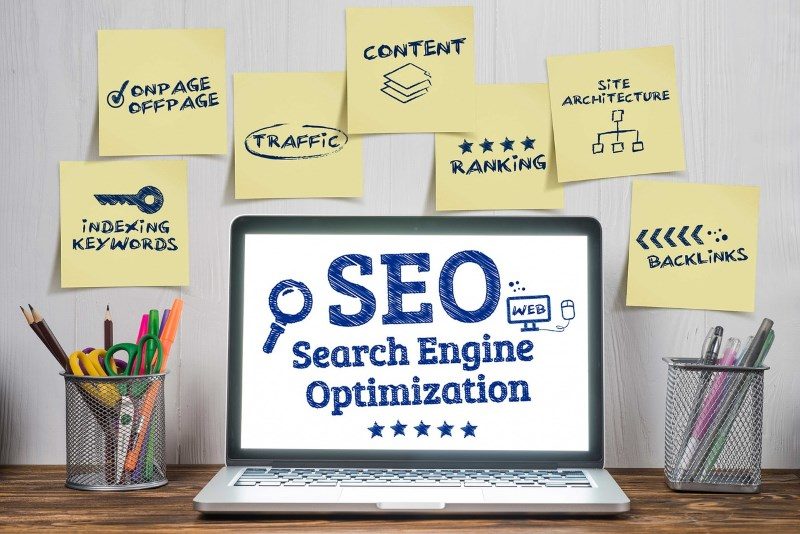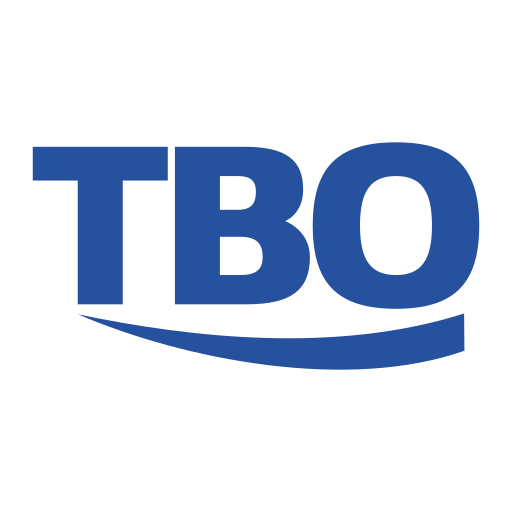
Even though you are not well versed with the term, you have probably come across SEO several times. Well, there is some confusion about it: what it is, what it can do and so on. To get a deeper understanding of what SEO is, you need to understand that SEO is divided into two categories. On-page SEO and Off-page SEO.
However, it is essential to acknowledge the fact that both categories are significant. They both have an impact on the reports you get on your tracker (you can find serp rank tracker). That, however, does not mean that on-page SEO is similar to off-page SEO. No. the two are on different sides of the fence.
On-page SEO
On-page SEO entails all the things that you can do online to improve your search rankings. These things are under your control and you can quickly change: on your website. One of the reasons why webmasters devote most of their effort to on-page SEO is because they can work their way around the following to get ranked.
1. Page titles
Page titles are one of the most significant on-page elements. For instance including the main keywords in your page titles can get more traffic flowing to your site. Remember that the page titles are what leads the users to your site. They will search using specific keywords, and if you have used them in your title, your page has a better chance of showing up in the search engine results pages.
2. Meta Tags
Meta Tags are also essential on-page SEO elements. It all comes down to how you use your keywords. Meta tags have an impact on your click-through rates. They are the snippets of data that provide information about your website to the search engines. Make Meta tags work for you by including relevant keywords to them.
3. Meta descriptions
Meta descriptions are an essential part of on-page SEO. How? Note that they give the first impression of your website. It is the information concerning your website that appears in the search results. The beauty of it is that you have control over whether or not users will be interested in clicking on your site.
How can you optimize your Meta descriptions? First of all, you need to ensure that the length is ideal. Keeping it up to 160 characters is recommended. The reason is that if your Meta description is too long, there is a chance that the information you have provided will be truncated. As such, the visitors will not be able to see all the information they need to. Relevant keywords have to be included to improve the click-through rate. Remember that it is all about the first impression, proofreading is essential and grammatical errors and typos may make your site not look so good.
4. Consider the URL structure
You need to note that the better-performing sites when it comes to ranking have shorter URLs. The URL structure determines whether it will be search engine friendly or the contrary. Remember the crawlers? Well, if you create shorter URLs with relevant keywords, you will be making the job of the crawlers much simpler. It will, in turn, have an impact on your search engine ranks.
5. Keyword density
The keyword density is another on-page SEO element that you have total control over. A keyword density of about 2-5% is recommended. If you exceed, you will be hurting your SEO. Note that Google and other search engines penalize websites for keyword stuffing.
It is something that you can easily avoid. Help your site rank for keywords by using keywords that are relevant to your content.
6. Internal Linking
Internal linking is another important aspect of on-page SEO that can significantly improve your rankings on SERPs. Not only does internal linking enhance the architecture of your website and the user experience, but it also allows the Google bots or crawlers to locate your pages easily. It goes a long way in helping the search engines rank your pages.
Off-page SEO
Off-page SEO can merely be defined as all the actions taken outside the websites to impact page ranking on search engines. Just like the on-page SEO, there are plenty of off-page SEO strategies that you could use to improve your ranking.
1. Getting backlinks
Search engines will recognize your site for backlinks and use that as a ranking factor. You should, however, note that the backlinks need to be quality. That is not the only reason why backlinks are important. Remember that the goal is to have as much traffic as possible flowing to your website. Through backlinks, you will be able to extend your reach to more audiences. Provided you are linked to relevant and authority sites. You are bound to benefit from this off-page SEO strategy.
2. Quality content
Content is king. It is not a non-familiar slogan. It is true. Creating quality content is key to getting the best of ranks in search results. It comes with so many advantages. For instance, other sites are more likely to link to sites that have quality content. What that means is that you will benefit from backlinks, which are also an important ranking factor.
Consistent, relevant and quality content will improve your traffic and also the dwell time. Seeing that you can provide the users with helpful and valuable content, the search engines will reward your site through ranking.
3. Social media marketing
Social media marketing is an off-page SEO strategy that you cannot afford not to implement. Social media will help you create brand awareness, build your site’s authority and extend your reach. Through that, you will be having more shares and links (which you are well aware that it is an crucial ranking factor).
Both on-page and off-page SEO strategies make a significant contribution to the ranking of your site. For you to get the most out of SEO, you need to balance the two categories. They complement each other and work better if interwoven.

